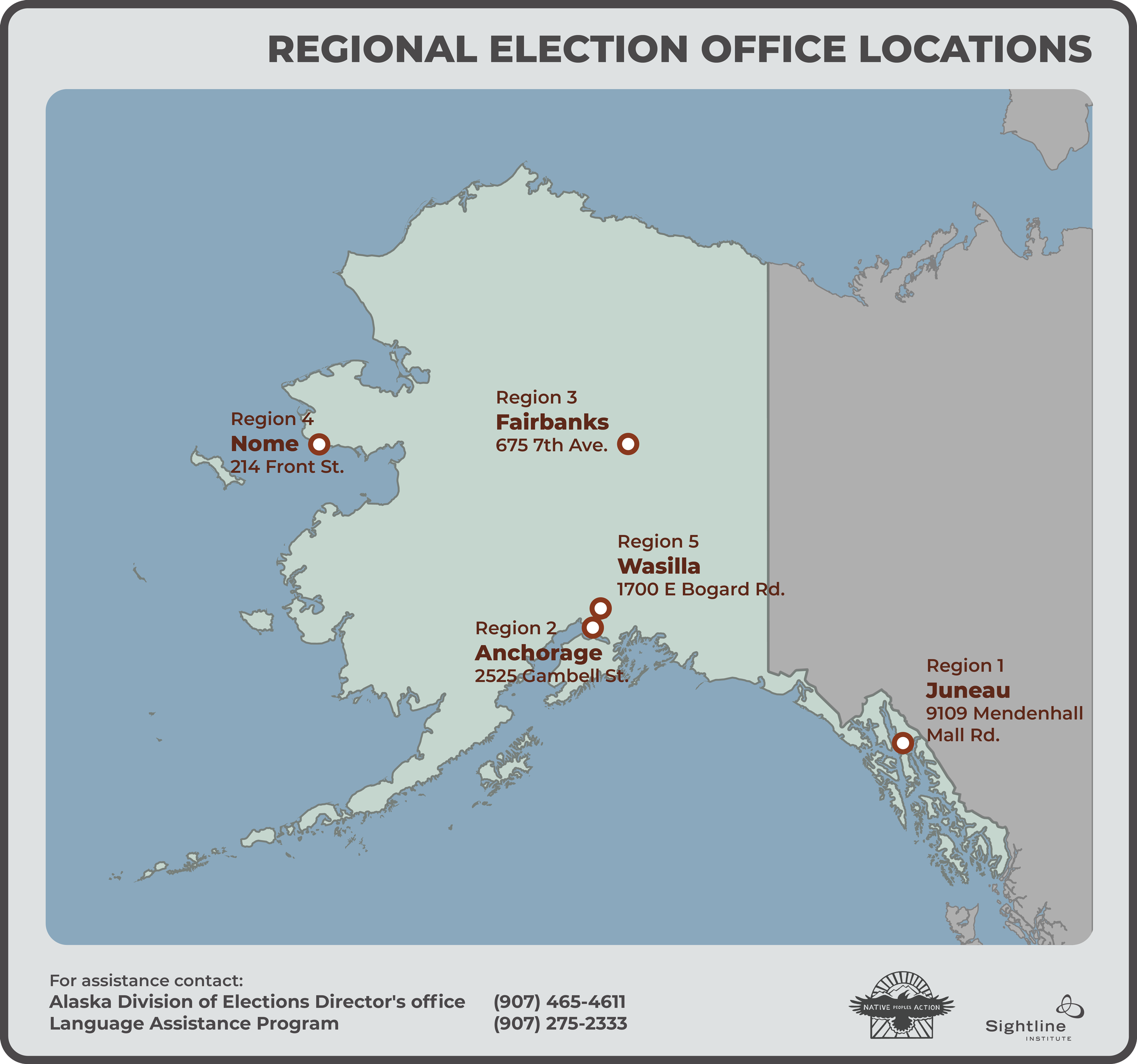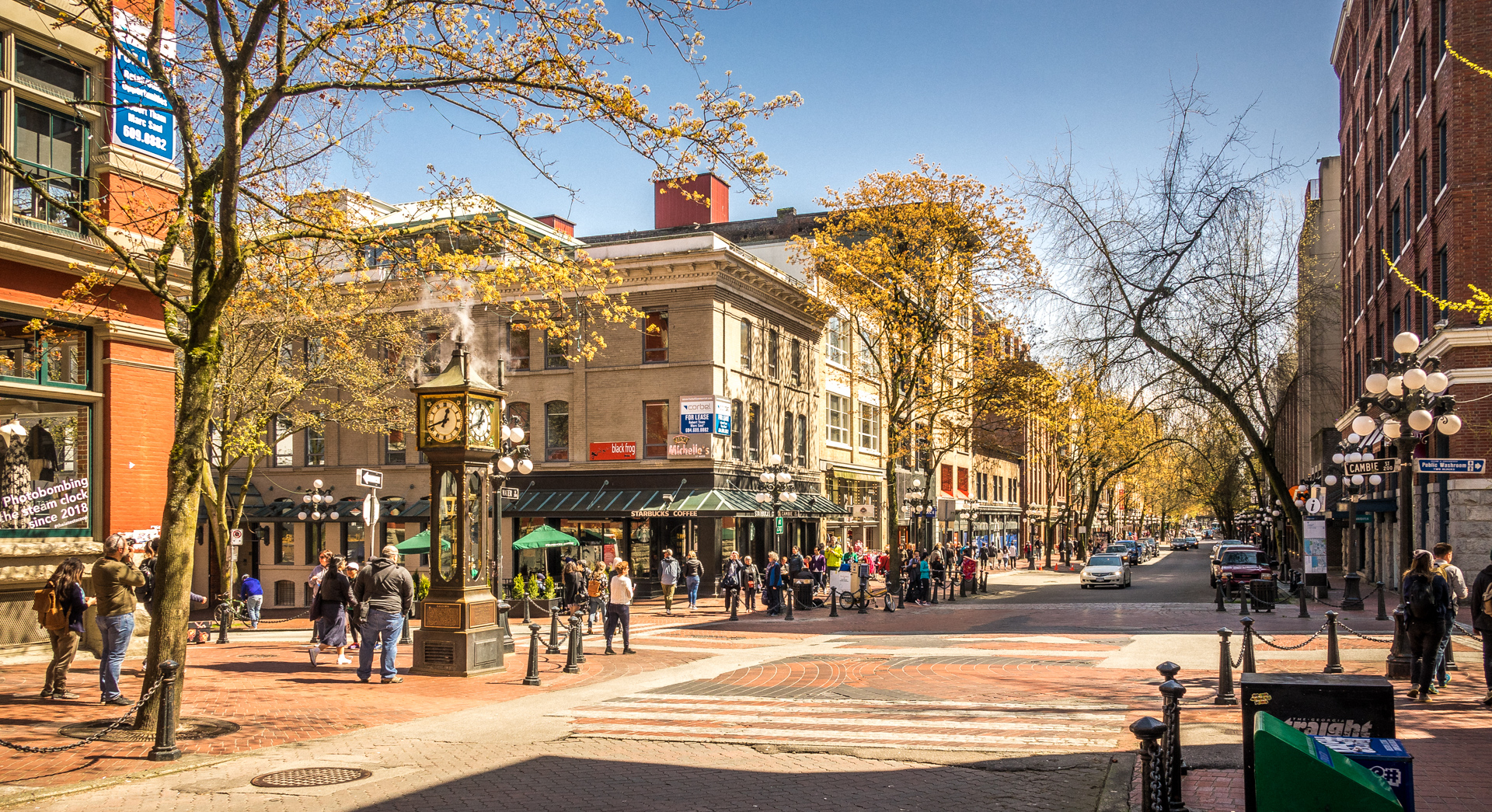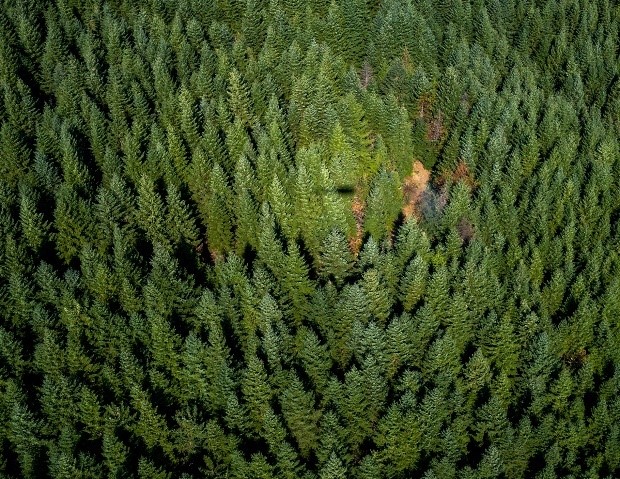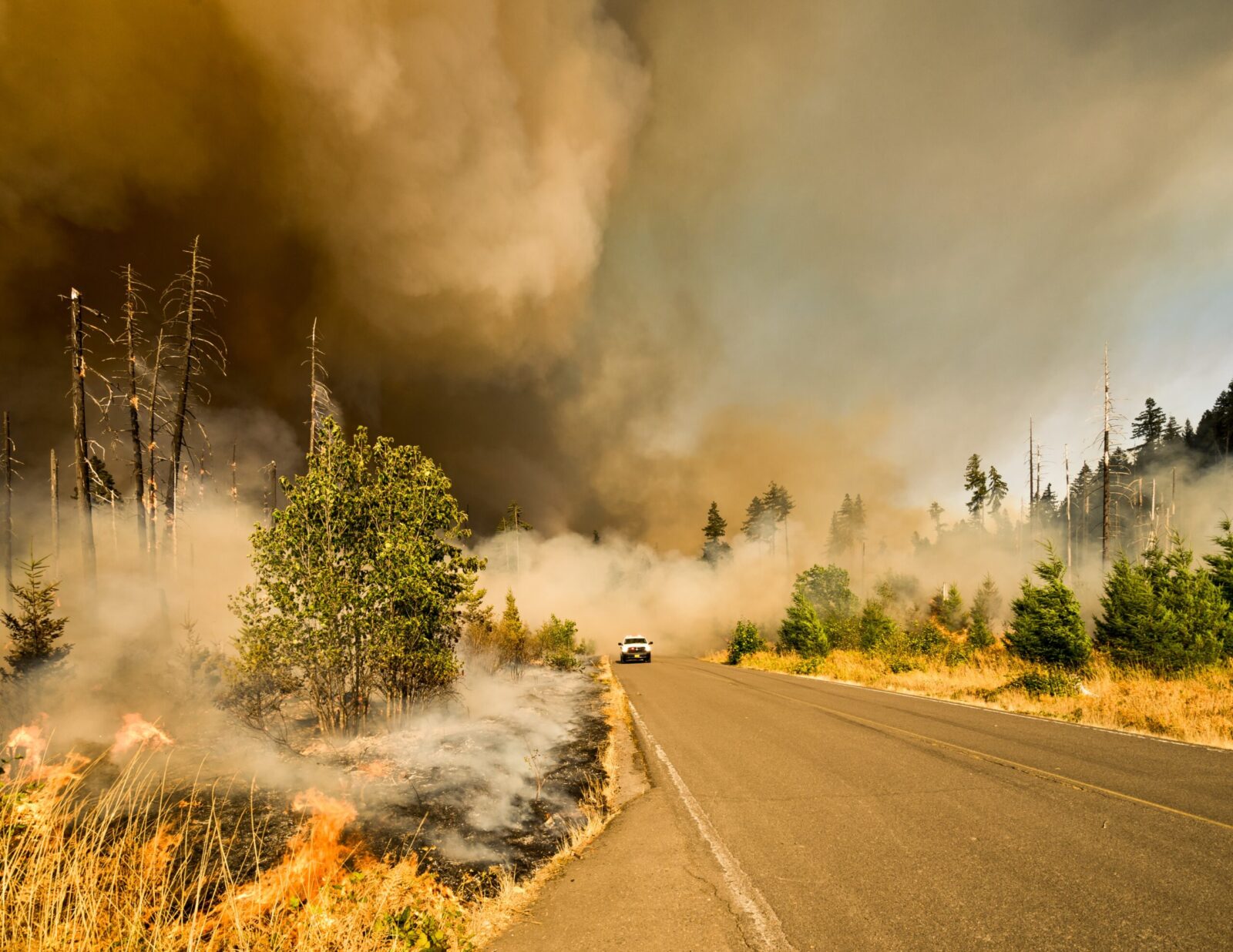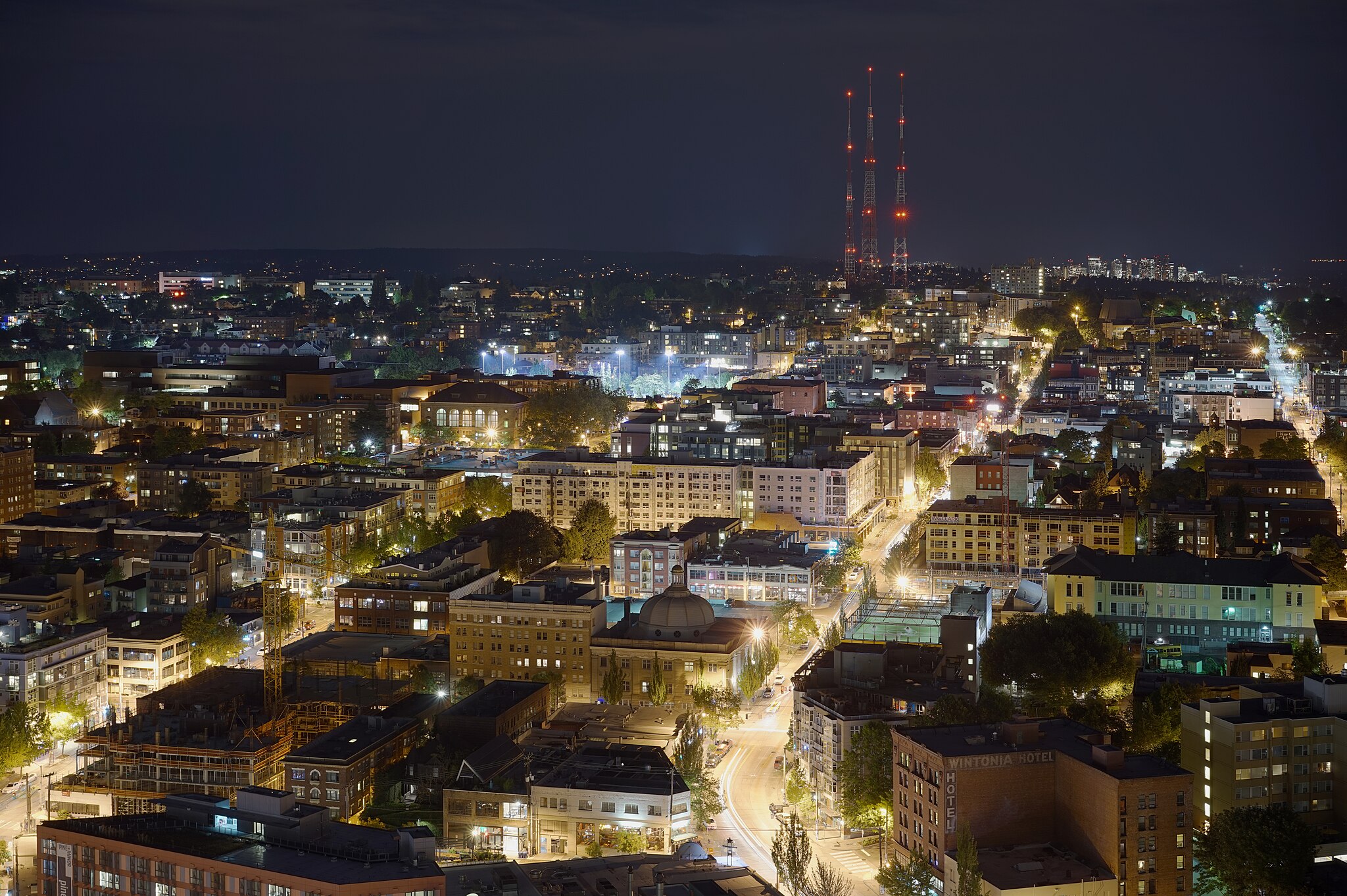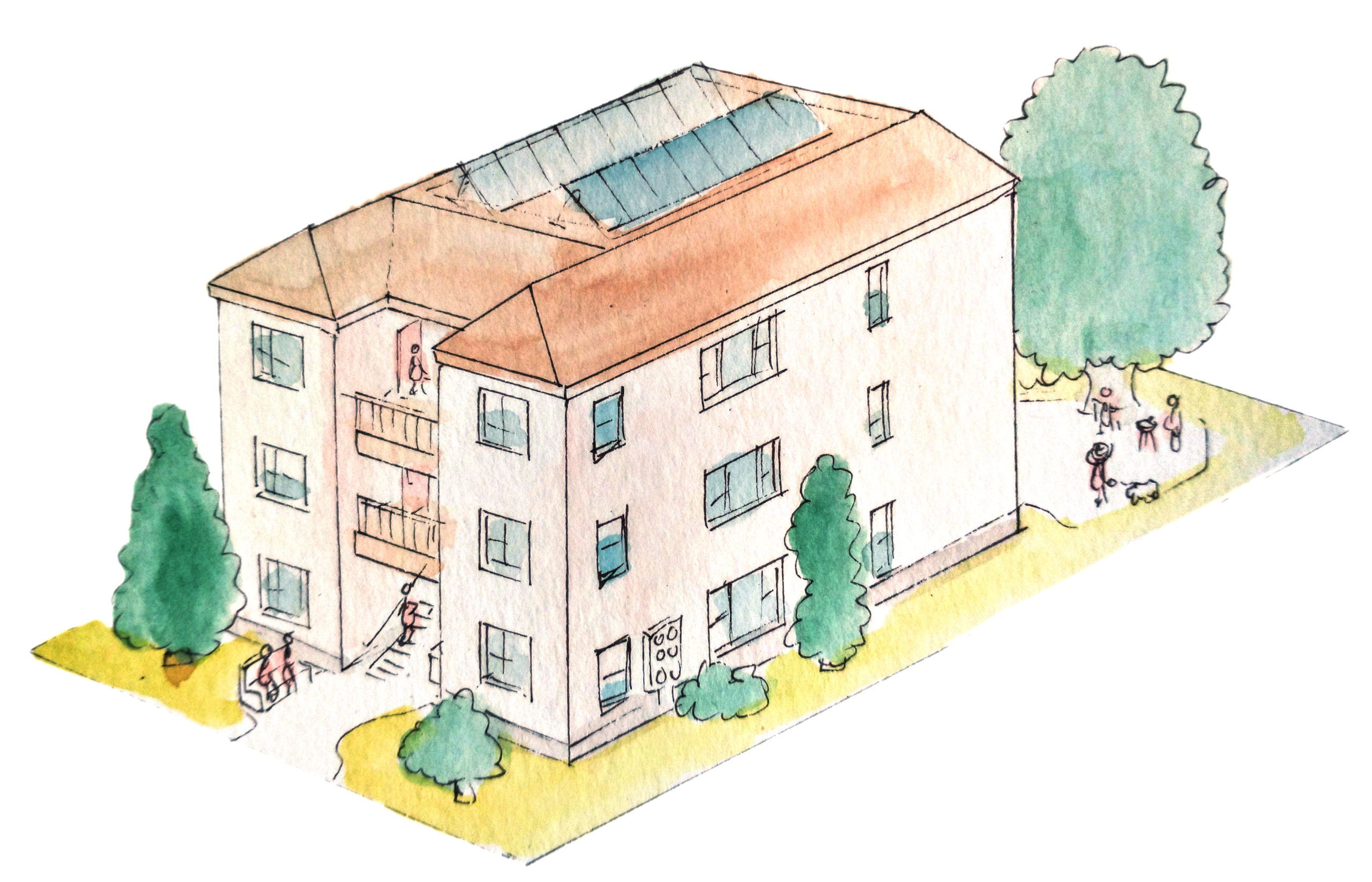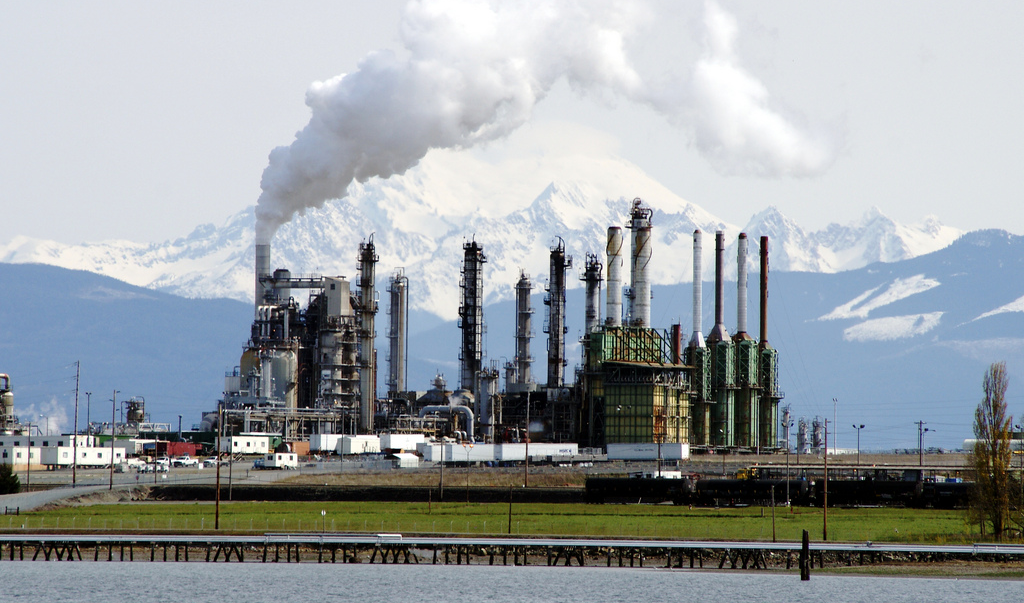Projects and Features
Sightline Institute researches the region’s most pressing sustainability challenges. We provide citizens and decision-makers with the policy analysis and practical tools they need to advance an economy and way of life that are environmentally sound, economically vibrant, and socially just. Below are a selection of the projects we’re working on, as well as ways you can get involved and stay updated.
All Sightline Institute research is available to cite, use, and share, per our free use policy.

